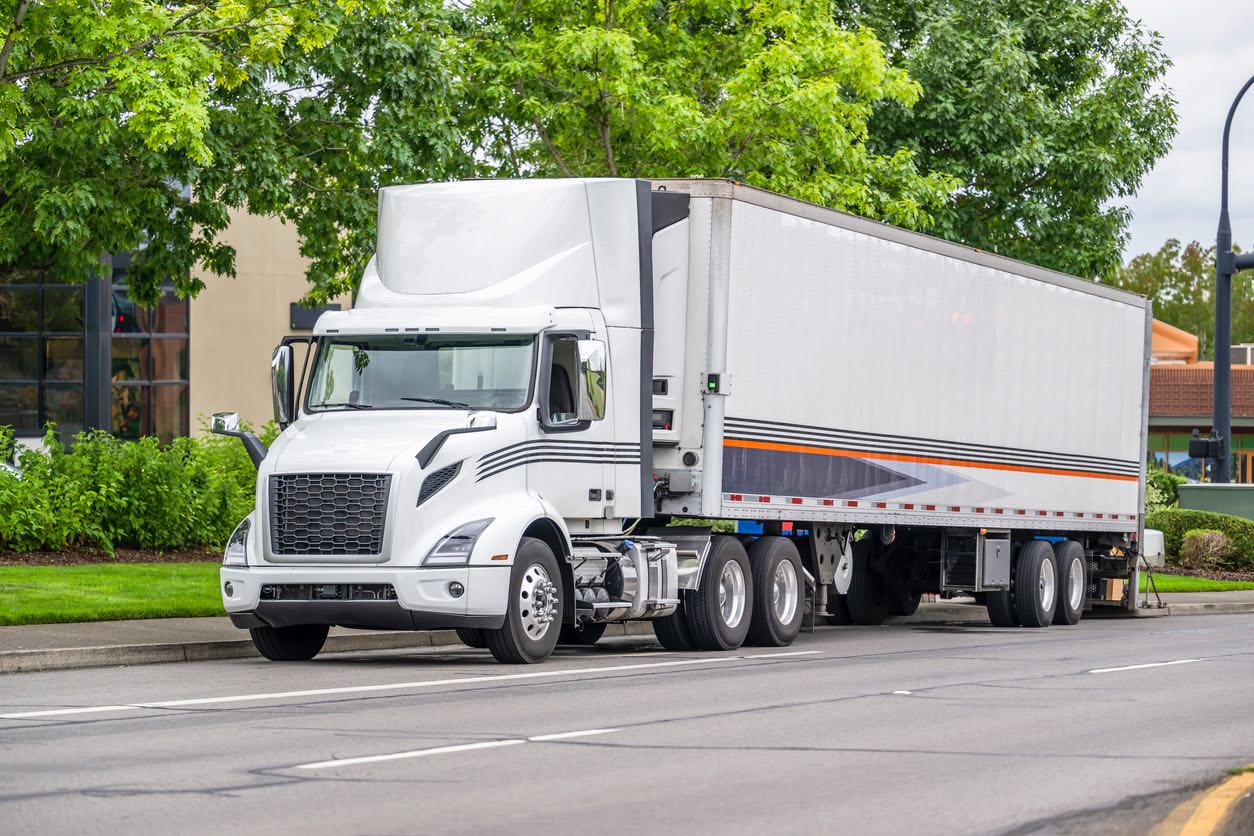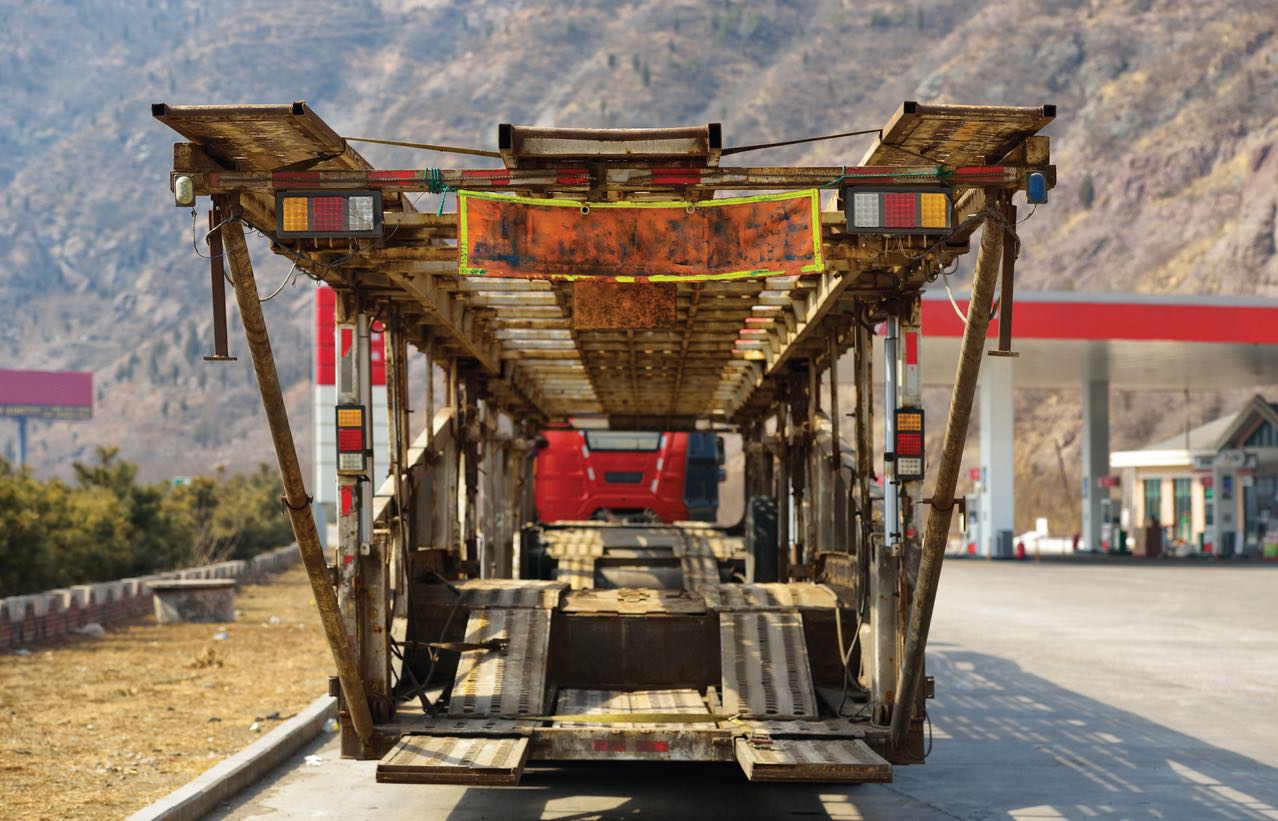The logistics and shipping sector is a pillar of the US economy, supporting its dynamic nature among the country’s constantly changing commerce environment. It’s an area where efficiency, strategic planning, and accuracy come together to form a complicated but vital network that drives trade and business. This blog article looks deeper into this complex ecosystem, emphasizing the crucial responsibilities that freight forwarders and shippers play in particular. We shed light on how these important participants shape the backbone of the supply chain and guarantee the smooth flow of commodities across the country by examining their various roles.
In the overall context of logistics, the functions of freight forwarders and shippers are sometimes misinterpreted despite their importance. Shippers, who are the ones who originally created the items, are responsible for packing and shipping them; this requires a high level of attention to detail and a thorough awareness of the various modes of transportation. Conversely, freight forwarders are the masters of transportation, serving as essential middlemen who negotiate the intricacies of logistics networks. They are skilled in handling not just the actual shipment of the items but also the supplementary services that come with it, such as insurance and customs paperwork. By providing insights into these occupations’ distinctive contributions to the thriving and vibrant US logistics industry, this review seeks to explain these roles.

Essentially the first stop on the products’ trip throughout the nation, shippers are the foundation of the logistics and supply chain industry. Everything from cost to delivery time is affected by their choices and actions, which set the standard for the whole transportation process. Gaining insight into the complexities of a shipper’s work may be very helpful in understanding how the US shipping industry works.
Understanding a Shipper’s Responsibilities
Shippers are essential to the effectiveness of the supply chain since they are the producers of the commodities that are transported. Beyond just shipping goods, their responsibilities also include choosing the most suitable and economical means of transportation, making sure that commodities are packaged safely and securely, and painstakingly finishing the required customs paperwork. Shippers must take great care to ensure that their cargo arrives at its destination undamaged and that transportation delays are avoided.
Innovation and Efficiency in Shipping
Technological developments have completely changed the transportation business, and shippers are leading this change. Shippers are now able to provide their clients with more efficient and transparent service thanks to the real-time tracking of inventory and shipments. In addition to the actual preparation of the products, their responsibility also include strategic factors such as contract negotiations with carriers, route optimization to save costs and transit time, and handling the intricacies of transportation insurance. Shipping is now much more reliable and efficient, a more fluid and customer-focused procedure as a result of these advancements.

In the logistics and shipping sector, freight forwarders play a crucial role as bridges in the intricate network of international trade. They negotiate the complex web of international shipping laws in addition to serving as a conduit between shippers and transportation providers. They play a critical role in making sure that commodities travel across borders in an effective, safe, and law-abiding manner.
Freight Forwarding Responsibilities
As specialists in logistics, freight forwarders have several facets to their work. They handle the difficult work of price negotiation in addition to matching shippers with suitable transportation providers. Their area of expertise is logistics optimization, which strikes a balance between dependability, cost, and speed to guarantee the most efficient flow of commodities. They must have a thorough awareness of the logistics network to perform this vital function, which allows them to handle every facet of shipping, from route planning to coordinating with several transport companies.
Global Scope and Service Range
The spectrum of services provided by freight forwarders is global in nature and goes well beyond national borders. Their skillful handling of the complexity involved in global shipping include crucial facets such as customs paperwork, insurance, packaging, and storage. The key players in guaranteeing adherence to global laws and security specifications are freight forwarders. For the global supply chain to continue operating smoothly and to avoid delays and potential threats, their ability to navigate these laws is crucial. Their vast array of services and proficiency in adhering to regulations establish them as essential collaborators in global commerce.

In the ever-changing world of logistics and transportation, it is critical to comprehend the separate but related responsibilities of freight forwarders and shippers. The purpose of this section is to clarify these functions by highlighting the ways in which their cooperation influences the supply chain’s efficiency.
Distinct but Complementary Roles
The foundation of the transportation process are the shippers, who provide and ready the items for delivery, making sure they are packaged correctly and completing all required paperwork. Conversely, freight forwarders are very skilled in planning the transportation of these products. They take care of the related documentation, handle the intricacies of transportation, and address any problems that may come up while in route. Their specialty is facilitating the movement of products from the shipper to the intended destination.
Collaboration for Seamless Logistics
The relationship that exists between freight forwarders and shippers is evidence of the effectiveness of teamwork in logistics. Together, freight forwarders and shippers, with their expertise in navigating the transportation network and their acute attention to preparation, make sure that products are not only sent but also arrive at their destinations quickly and securely. This collaboration exemplifies how interdependent responsibilities may result in a streamlined and efficient supply chain and is essential to the movement of commodities both domestically and internationally.

With their separate but overlapping responsibilities, shippers and freight forwarders are the foundation of the US logistics industry. Their cooperative efforts constitute a strategic partnership that advances the whole supply chain, not merely a matter of operational need. In addition to being instructive, knowing the subtle interactions between these two entities may be a competitive advantage for companies and individuals traversing this terrain. Optimizing any shipping or logistics plan requires an understanding of how shippers painstakingly prepare and organize products for delivery and how freight forwarders expertly navigate the maze of logistics to deliver these commodities.
If we dig a little further, we find that the cooperation between shippers and freight forwarders is evidence of the intricacy and sophistication of contemporary logistics. Shippers provide the foundation for a successful shipping process by paying close attention to details such as packing, paperwork, and route planning. By virtue of their proficiency in handling a nuanced web of transportation networks, legal frameworks, and logistical difficulties, freight forwarders, in turn, enhance this foundation. This collaboration highlights the importance of each position and is necessary for the smooth movement of commodities around the nation. Understanding these responsibilities and how they relate to one another is not only advantageous for shipping industry stakeholders, but also necessary for success in the dynamic and always changing field of logistics.

Unmatched Expertise in Door-to-Door Shipping
With a focus on dependable and effective door-to-door services, Ship A Car, Inc. has made a name for itself as the top freight and auto transportation provider in the US. Their proficiency in managing logistics and negotiating intricate transportation routes guarantees that your car will arrive at its destination promptly and securely. Their group of knowledgeable experts is committed to provide customized solutions that address the particular requirements of every customer, guaranteeing a smooth shipping experience.
Customer-Centric Approach and Exceptional Service
The steadfast dedication of Ship A Car, Inc. to client satisfaction is what really makes them stand out. They provide thorough tracking and assistance throughout your shipment’s journey because they recognize the value of trust and transparency in the shipping process. The shipping process is made stress-free by their customer care staff, who are always available to answer questions and offer professional advice. You are choosing a partner who puts your satisfaction and peace of mind first when you choose Ship A Car, Inc. rather than merely a shipping company.
For a free, no-obligation estimate and to start your hassle-free freight and/or vehicle shipping journey, give Ship A Car, Inc. a call at (866) 821-4555. They are the best option for any shipping needs you may have because of their commitment to quality and customer service.
Q1: What is the main function of a shipper in logistics?
A1: Providing and preparing products for transportation is the primary responsibility of a shipper. This includes ensuring that the commodities are packed and documented appropriately for shipment.
Q2: What are the key services provided by a freight forwarder?
A2: It is the responsibility of freight forwarders to offer services such as the scheduling of transportation, the processing of documents, insurance, customs clearance, storage, and risk management.
Q3: How do freight forwarders contribute to customs procedures?
A3: When it comes to customs processes, freight forwarders play a significant role by managing documents and providing advice on how to minimize import charges. This helps to ensure that the customs clearing process goes smoothly.




